Jaume Blanc: "La Veu entre Cultures aims to be a humanitarian and cultural bridge between Catalonia and Senegal"
We delve into the work of La Veu entre Cultures with Reus-born musician Jaume Blanc, El Toubab, one of the driving forces behind the organization.
With one foot in Reus and the other in Senegal, musician Jaume Blanc, known artistically as El Toubab, has turned his connection to the African country into a driving force for solidarity and cultural exchange.
Founder of the association La Veu entre Cultures, Blanc works alongside his family and friends, including Senegalese musician Rawan Diallo, to promote projects ranging from collecting school supplies to raising awareness about African realities. Anyone interested in collaborating with the organization can reach out via email at laveuentrecultures@gmail.com or through the association's Instagram account.
La Veu entre Cultures was founded during the pandemic. What inspired you to establish it?
Actually, the organization was officially created many years earlier, in 2009, by my sister, a friend, and me. The origins trace back to a transformative trip to Senegal, a country that captivated me. In fact, that trip inspired my artistic name, El Toubab, which means "white man" in the Senegalese language. After that initial journey, I returned three more times, and we decided to create La Veu entre Cultures.
There’s little record of your activities in those early years.
That’s because the organization was inactive, and we hardly did anything during that time. However, a while later, I met a Senegalese woman here in Catalonia by chance. We got married, and today we have an eight-year-old son, El Petit Toubab, whose name also inspired one of the organization’s projects. It wasn’t until 2020 that we revived the association and began to strengthen it.
Why did you decide to revitalize the organization?
It was during the pandemic. We were all disoriented by the situation, and we thought it was a good time to restart the project. My wife, Bineta Touré, and I have been together for fifteen years, and we had already been doing things in Senegal, but mostly on a family level. We felt the association was a good way to contribute more professionally and seriously.
During this phase, more people joined the project.
Yes, today our team includes my sister, Carme Blanc, Bineta Touré and her brother Ibrahim Touré, and Senegalese musician Rawan Diallo. Together, we redefined the association, always striving for a balance between people from Senegal and Catalonia.
You have a special relationship with Rawan Diallo.
I met him in Senegal during that first transformative trip, and we quickly formed a strong bond. Music brought us together, and through joint projects, we’ve built many connections. We thought that through La Veu entre Cultures, we could launch joint initiatives with social goals.
What objectives did you set?
Initially, La Veu entre Cultures was founded to create a cultural and humanitarian bridge between the city of Reus and Senegal, using music as a vehicle for expression and connection. We rolled up our sleeves and got to work on the first projects. We started with A Book for Kaolack, an initiative to collect school supplies for the school where my wife studied in the city of Kaolack.
And you haven’t stopped since.
No, shortly after, we launched a second project, No Child Without a Pencil, which continued the first project with similar objectives. This effort led us to discover an orphanage in Kaolack, inspiring the project Adopt a Cradle to support the center by donating essential items like diapers and milk. Meanwhile, here in Catalonia, we’ve built relationships with institutions, organizations, and volunteers who help us collect all kinds of materials, such as clothing and sanitary products, which we send to Kaolack.
So far, your efforts have focused on Kaolack. What can you tell us about the city?
Kaolack is located in the southwest of Senegal. Despite being a large city, life in its neighborhoods is calm and communal, similar to village life here, where everyone knows each other, creating a warm and close atmosphere. While it shares the chaos of big cities, we’ve always found it a welcoming place to carry out our projects successfully.
Another trip to Senegal even inspired a children’s book.
Yes, it was the first trip we took with our son to Senegal so he could learn about the country and meet the family. That experience inspired me to write a book, El Petit Toubab Travels to the Land of Teranga, published by the Reus City Council. The book narrates the youngest family member’s first trip and how he discovers Senegalese culture, all from a child’s perspective.
And through the story, you’ve been able to address many other topics.
Yes, it has helped us talk about values like multiculturalism, respect, coexistence, and education. Moreover, it has led to a beautiful project that we’ve shared with schools here by presenting the story, also through music. We started in schools in Reus, and it was very well received.
So much so that many other educational centers reached out to you.
This is now the third year we’ve been doing it, and it has expanded to the Baix Camp region. During this time, we’ve been able to share it with rural schools in places like Castellvell del Camp, Solivella, Vilaplana, Alforja, and Riudecanyes, among others. These are small towns that often face more challenges in organizing activities of this kind.
Your projects have also aimed to provide help here in Catalonia.
Exactly, the idea is for the association to be a space for exchange that brings positive outcomes to everyone, both here and there. For instance, with projects like No Child Without a Pencil, the goal wasn’t just to collect supplies to send to Kaolack but also to ensure that everyone benefited. We organized concerts in different neighborhoods of Reus and collaborated with bookstores, which set up stands where people could buy materials to donate to the project. This way, we also supported local businesses in our city. The idea is for everyone to become more aware and help each other.
Awareness is an important part of your work.
Yes, we’ve done it through many projects, like El Petit Toubab, with which we’ve tried to raise awareness and sensitize people to the reality of a country like Senegal. We explain to students here the work we do and the needs there so they can appreciate what they have, which many other children in the world lack.
What role does music play in La Veu entre Cultures?
A central role. Music has this incredible power—it’s a universal language that allows two people to understand each other without speaking the same language. An example is my relationship with Rawan Diallo. When we first met, he barely spoke Spanish, and I knew even less Wolof, but we communicated through music. Today, we’re like brothers, and music brought us together. This is the power we emphasize and want to share with everyone.
Ultimately, the goal is to bring happiness to people.
Exactly. That’s why we say we’re like “soul doctors,” trying to bring happiness not only to ourselves but to others as well. When we visit schools, tell the story, and sing a few songs, it creates a beautiful bond between students and teachers. It’s a moment worth experiencing: we’re happy, we understand each other, we respect each other, and ultimately, we connect.
That said, you’ve likely faced challenges in carrying out your work.
Yes, mainly financial ones. Since the beginning, we’ve been somewhat naive in this regard. La Veu entre Cultures started more as a family and friendship initiative, and we perhaps didn’t pay enough attention to financial aspects. When we began collecting materials or donations, we didn’t anticipate the costs involved in shipping everything. We’ve always felt a bit embarrassed to ask for help, fearing people might think we had ulterior motives. Now, we’re addressing this because we want the projects to succeed.
Do you have open avenues for collaboration?
That’s something we’re working on and have discussed within the association. Our first goal in this area is to create a website, which we believe is essential to showcase our projects, ensure transparency, and stay organized. We also aim to seek funding, whether through grants, donations, or memberships. The project started very slowly but has grown over time, so we need to take the next step.
How has La Veu entre Cultures helped you personally? What has it brought to your life?
For me, it has been incredibly enriching, especially on a human level. It has helped me let go of my ego and focus on helping others. I’m very proud of what we do, both in Senegal and here in Catalonia. Seeing the children happy is an invaluable reward. It’s a cliché, but you always end up receiving much more than you give.
Any other major goals for the future?
Beyond the website and seeking funding, we want to launch a healthcare exchange project. My wife is a nurse at Reus Hospital, and last month she traveled to Senegal with Rawan Diallo and several volunteers as part of a social program for the prevention of sexually transmitted diseases called October Rose. It was held at the hospital and a clinic in Kaolack. Our idea is to facilitate an exchange between healthcare workers here and there and strengthen this program to ensure its continuity.
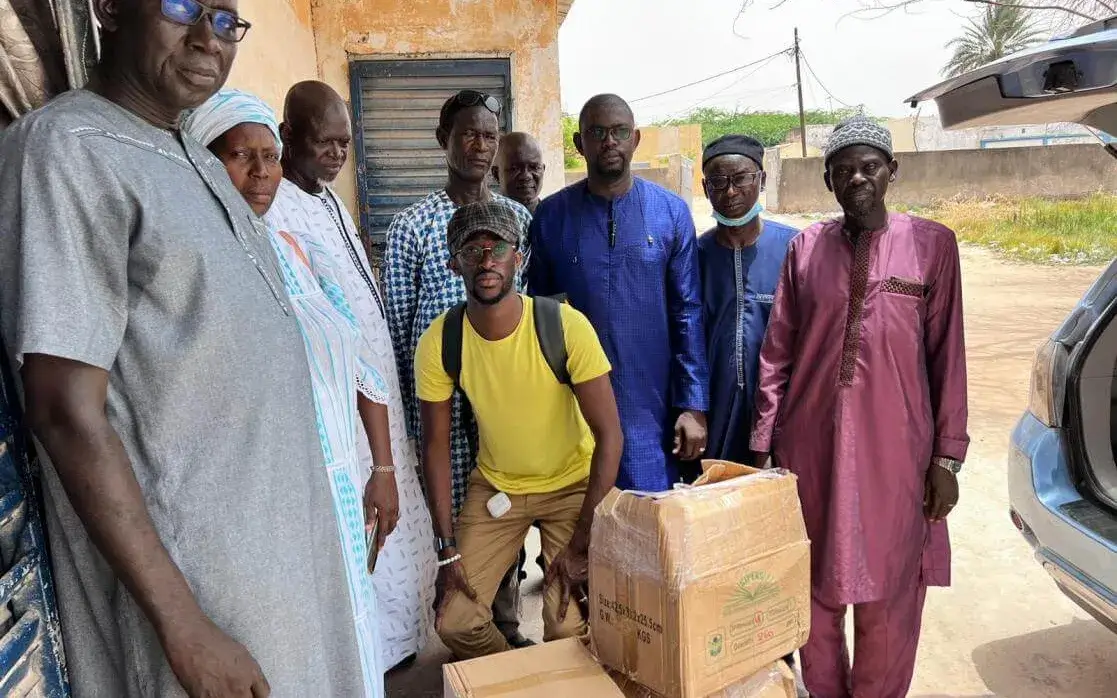
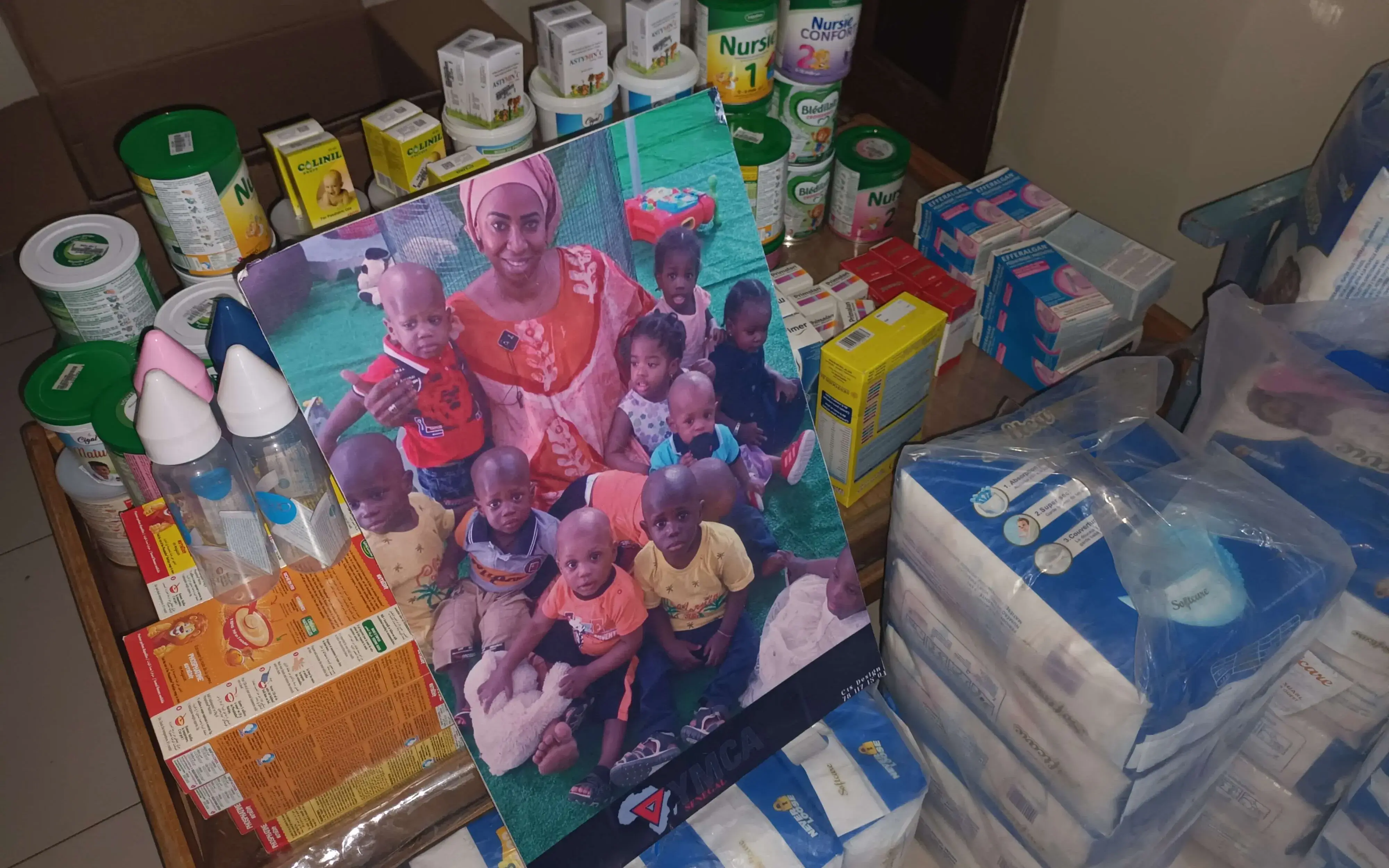



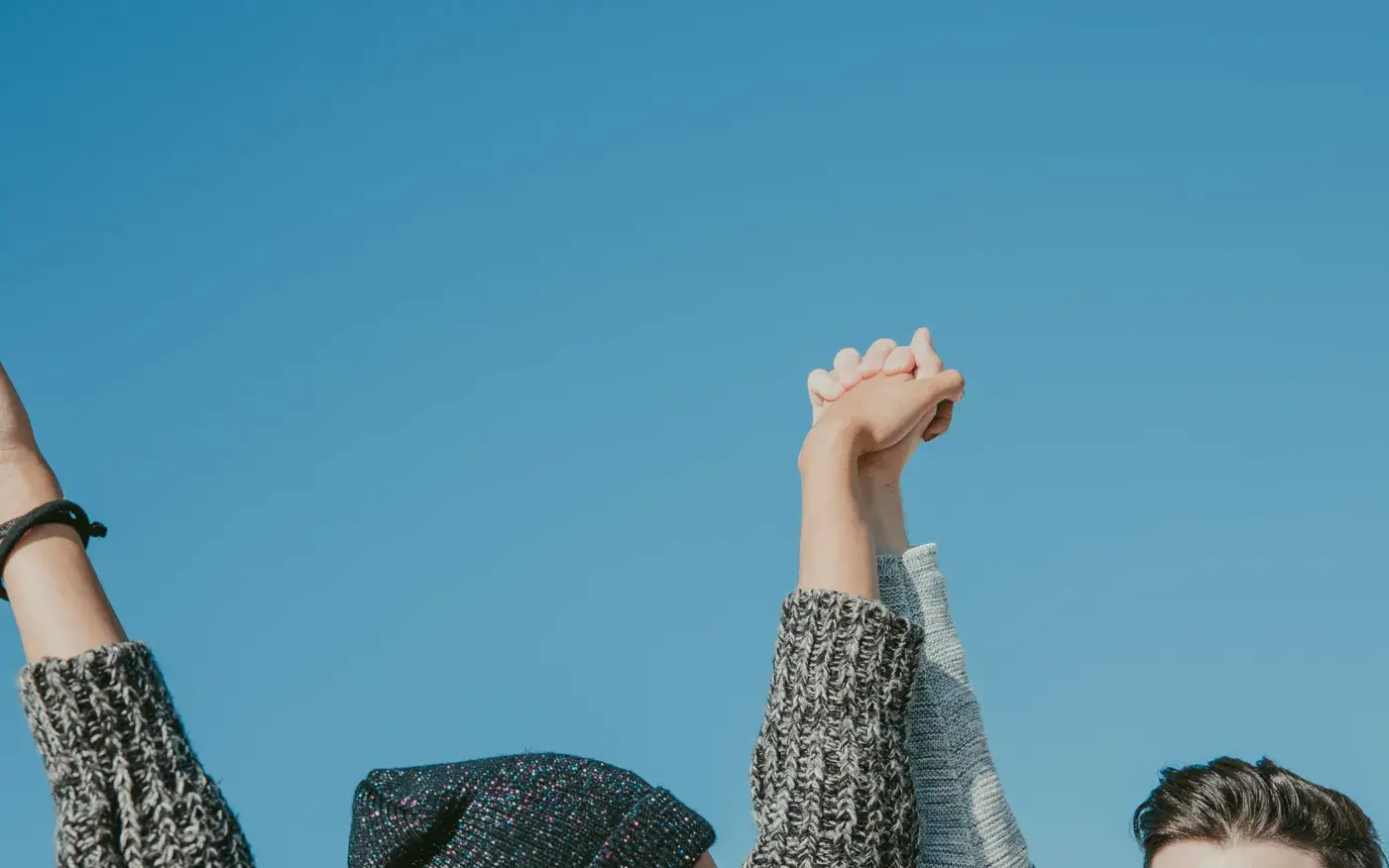
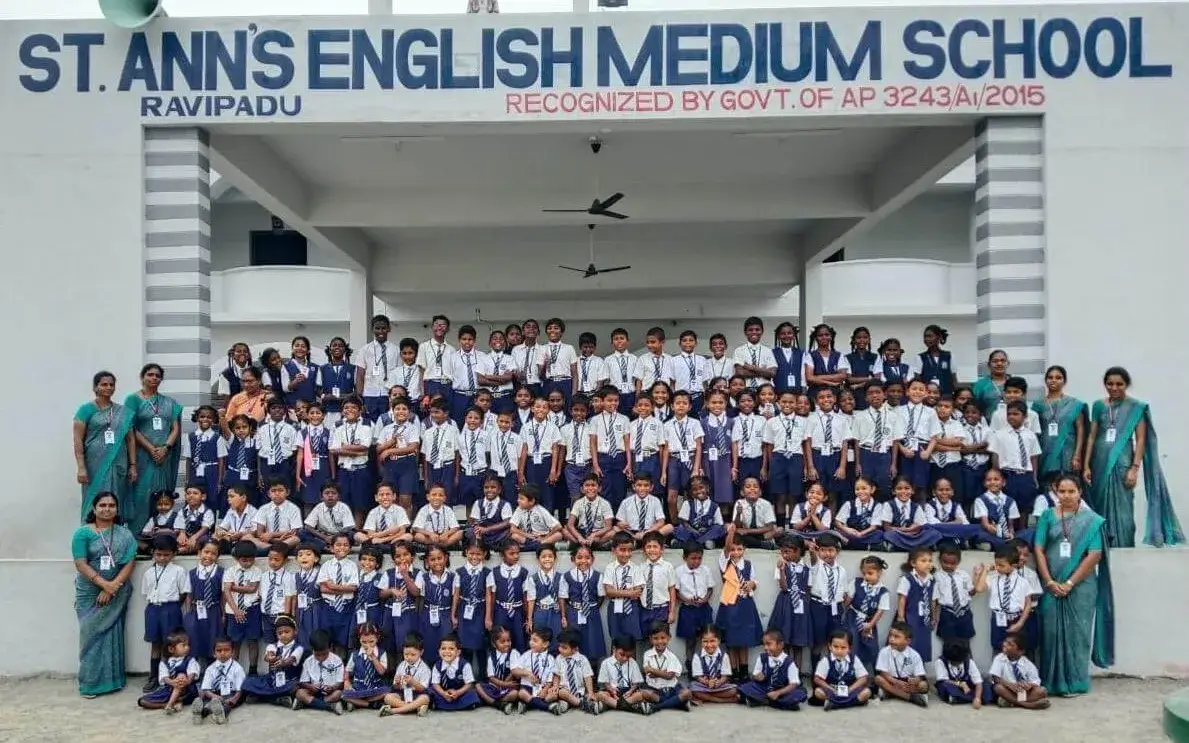
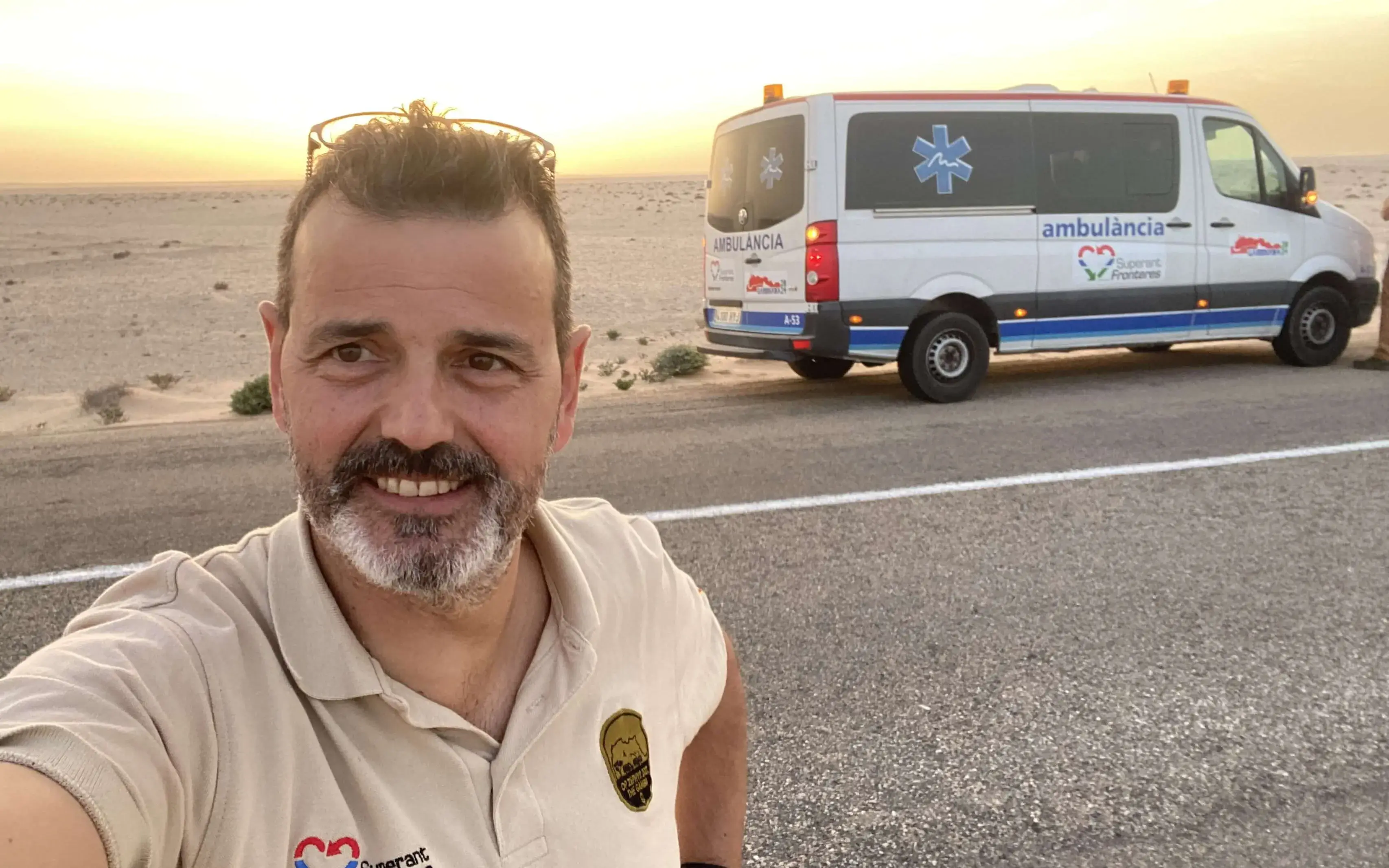
Add new comment